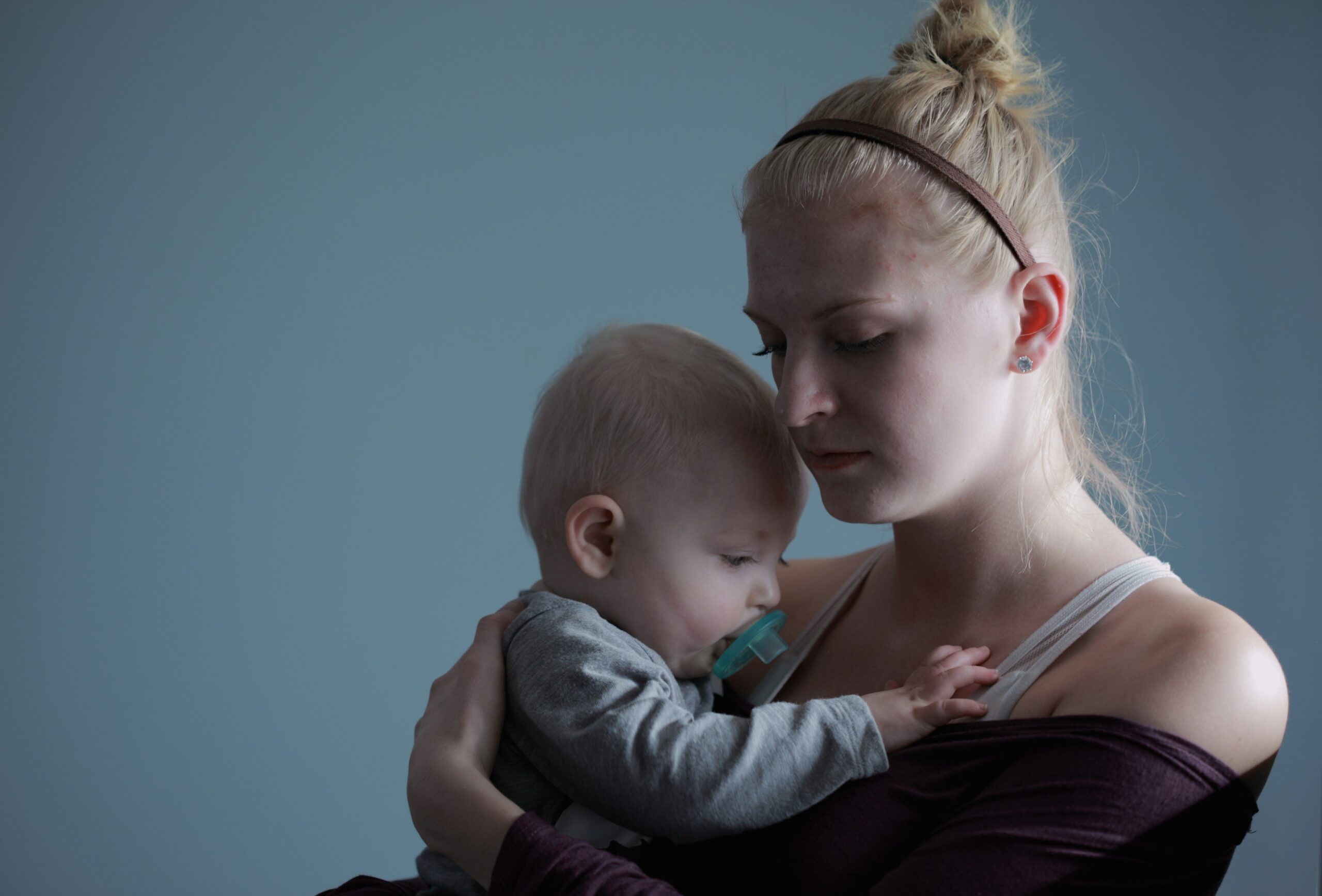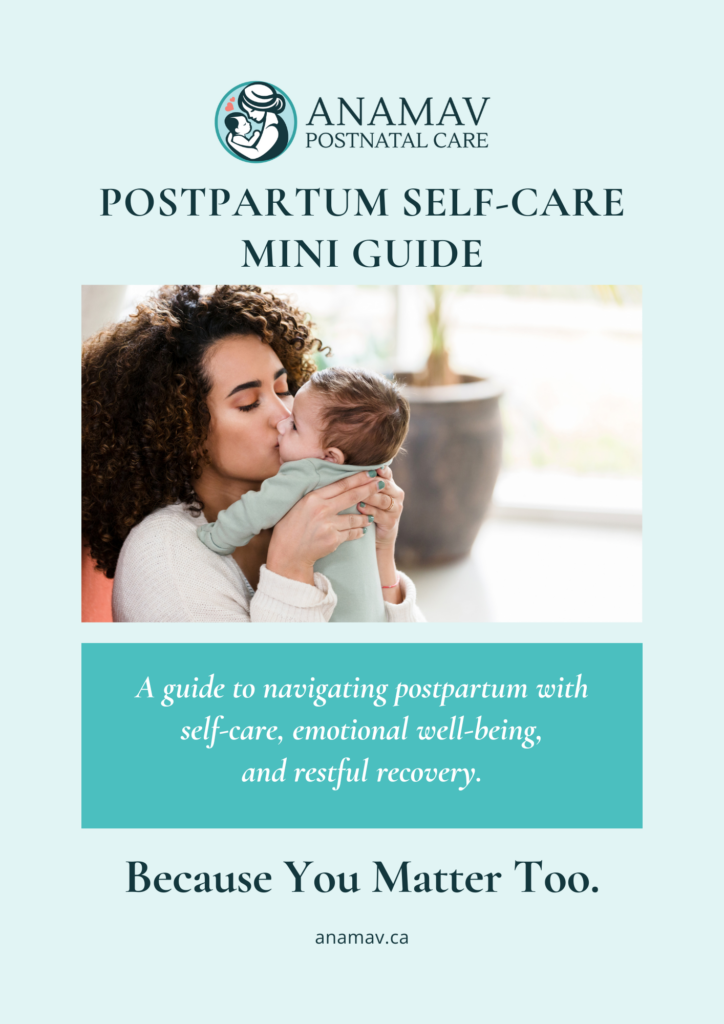The transition into motherhood is filled with powerful emotions—love, joy, uncertainty, and exhaustion. While emotional ups and downs are completely normal, sometimes they go deeper. If you’ve found yourself wondering, “Is this just baby blues, or something more?”—you’re not alone.
At Anamav, we believe every mother deserves to feel supported, seen, and heard. This blog highlights ten signs that may indicate it’s time to seek postpartum mental health support—and reminds you that asking for help is a strength, not a weakness.
1. You Feel Overwhelmed All the Time
It’s normal to have tough days, but if you feel constantly flooded with stress, anxiety, or panic, it might be a sign that your nervous system needs support. Therapy can help you create breathing space and regain clarity.
2. You’re Not Sleeping—Even When Baby Is
Sleep deprivation is part of new motherhood, but if your mind won’t shut off at night or you’re wide awake despite exhaustion, your mental health could be impacted. Racing thoughts, worry, and restlessness are common symptoms of postpartum anxiety.
3. You’re Crying More Than Usual
Some teariness is expected, especially in the first two weeks. But if crying is frequent, comes without clear reason, or feels hard to control—it’s time to talk to someone.
4. You’re Struggling to Bond with Your Baby
Not feeling that instant connection doesn’t make you a bad parent. Many mothers experience numbness or detachment. Therapy offers a safe space to explore those feelings and build attachment at your own pace.
5. You Feel Like You’ve Lost Yourself
Do you look in the mirror and not recognize the person staring back? If your sense of identity feels lost or disconnected, mental health support can help you reconnect with you—the person beyond the role of mom.
6. You’re Avoiding Social Interactions
If you’re pulling away from loved ones, canceling plans, or isolating yourself more than usual, that could be a sign of depression or emotional overload. You deserve support and connection—without judgment.
7. You Have Constant Worry or Fear
Are you imagining worst-case scenarios or obsessively checking on your baby’s safety? While some vigilance is normal, intrusive thoughts or persistent fear may be symptoms of postpartum anxiety or OCD.
8. You Feel Angry, Irritable, or On Edge
Postpartum rage is real. If you find yourself feeling unexpectedly angry, frustrated, or easily triggered, this is a valid reason to seek support—especially if these feelings are impacting your relationships or wellbeing.
9. You Don’t Feel Like You’re “Good Enough”
Persistent guilt, shame, or feelings of failure are heavy burdens to carry. A therapist can help you unpack unrealistic expectations and reconnect with your worth as a mother and a person.
10. You Just Don’t Feel Like Yourself
If you can’t pinpoint why—but something just feels off—you’re still allowed to seek help. You don’t need to hit a “crisis” point to reach out. Support is for anyone who wants to feel better, lighter, and more grounded.
People Also Ask
Is it normal to feel this way after having a baby?
Yes—many women experience emotional struggles postpartum. What’s not normal is feeling like you have to push through it alone.
What’s the difference between baby blues and postpartum depression?
Baby blues typically last 1–2 weeks and include mood swings or tearfulness. If symptoms last longer or interfere with daily life, it may be PPD or postpartum anxiety.
Anamav Is Here for You
At Anamav, we offer a safe, welcoming space to talk through the real experiences of motherhood. Whether you’re looking for:
- A virtual therapy referral
- Postpartum doula care
- Sleep or feeding support
- Or just someone to really listen
We’re here for it all. You don’t need a diagnosis to deserve care. You only need you.
Motherhood doesn’t come with a script—and your mental health matters just as much as your baby’s. If any of these signs feel familiar, know this: support is available, healing is possible, and you are absolutely not alone.
Anamav is here to walk with you—one real, supported step at a time. 💛





